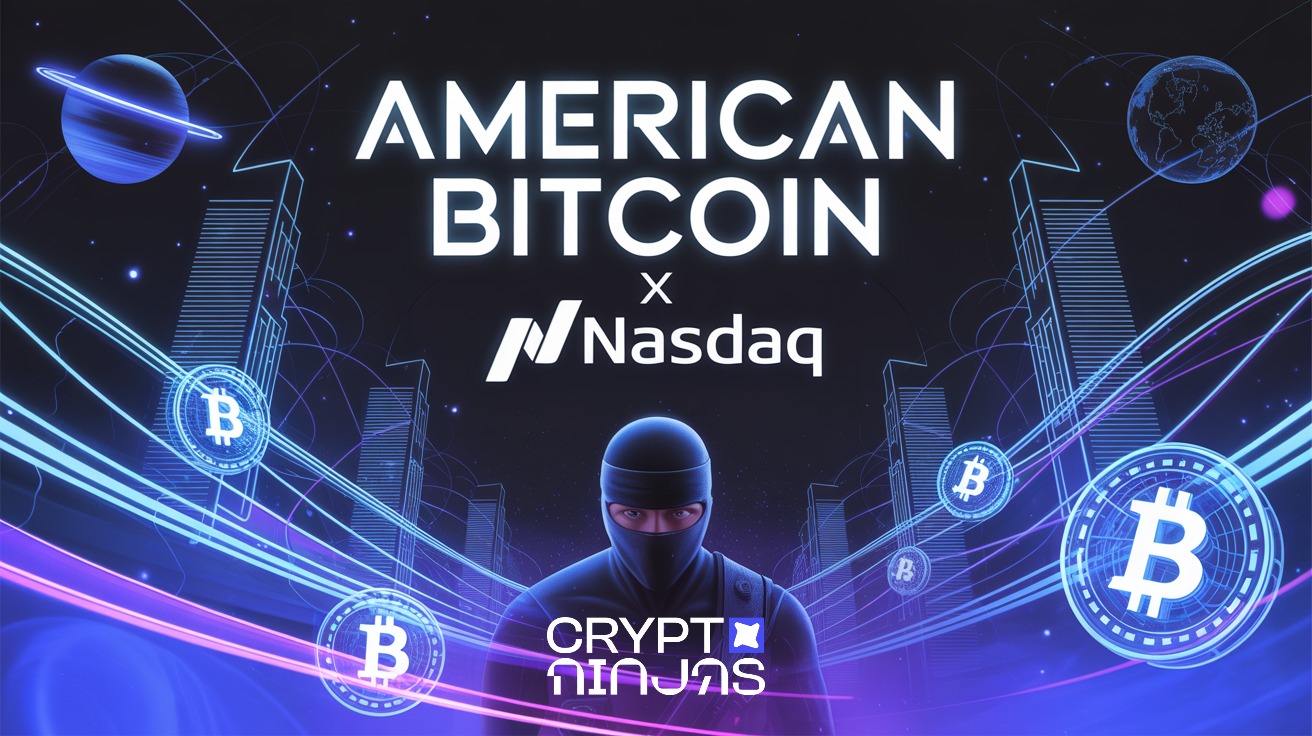How Cryptocurrency is Changing the Landscape of eSports
The world of eSports has exploded over the past decade, drawing millions of fans and turning competitive gaming into a multi-billion-dollar industry – increasingly popular with players, viewers, and punters using the best freeBets offers.
Alongside this growth, cryptocurrency is starting to play a transformative role, influencing how fans engage, how players are compensated, and how digital assets are exchanged. Platforms that integrate digital currencies, such as Bitcoin and Ethereum, offer fans new ways to participate, giving supporters more flexibility and immediacy than traditional systems.
Player Earnings in the Digital Era
One of the most noticeable impacts of cryptocurrency in eSports is the way it changes player compensation. Some organizations are exploring the use of digital currencies for salaries or prize payouts, allowing competitors to receive rewards instantly and, in some cases, benefit from the potential appreciation of their earnings. This approach also reduces the complications of cross-border payments, which is particularly useful for international teams where players are based in different countries – partnerships such as that between Fnatic and Crypto.com illustrate this trend.
For example, a professional eSports player participating in a global tournament could receive their share of winnings in a digital wallet within hours, rather than waiting days for traditional banking transfers. This speed and efficiency appeal to younger players who are already familiar with digital finance and online gaming ecosystems.
NFT Collectibles and Virtual Assets
Non-fungible tokens (NFTs) are another area where cryptocurrency is influencing eSports. Digital items, such as in-game skins, highlight clips, or unique avatars can now be tokenized, giving players and fans true ownership of their assets. These NFTs can be traded, sold, or collected, providing both financial opportunities and new ways to interact with the games they love.
Fans can purchase exclusive items that might grant access to special events, VIP streams, or even private matches. Unlike traditional in-game purchases, these assets exist on blockchain networks, ensuring transparency and security. This shift is creating a market where fans not only consume content but also participate in its value creation.
Enhancing Fan Engagement
Beyond prizes and collectibles, cryptocurrency offers fresh ways to engage with the eSports community. Some teams are experimenting with tokenized access, where holding a digital asset allows supporters to vote on non-critical team decisions, such as matchday themes or merchandise designs. These systems deepen fan involvement while creating additional revenue channels for organizations.
This concept extends to interactive betting and reward systems. Fans can join tournaments or participate in prediction games using digital currencies, receiving instant payouts and exclusive rewards. Integrating cryptocurrency in these ways makes fan engagement more dynamic and participatory than ever before.
Challenges and Considerations
Despite the opportunities, integrating crypto into eSports comes with challenges. Digital currency volatility can affect earnings and investments, requiring players and organizations to be cautious. Regulatory uncertainties in different regions may complicate adoption, and security remains a top priority to prevent fraud or hacks. Additionally, fans must be educated about how to safely manage digital assets and participate responsibly.
The Road Ahead
The intersection of cryptocurrency and eSports is still in its early stages, but the potential for innovation is enormous. From player compensation and virtual collectibles to enhanced fan participation and betting, digital currencies are creating new ways to interact with competitive gaming.
As technology continues to evolve, the eSports ecosystem will likely see more integration of blockchain solutions, offering faster, more secure, and engaging experiences for fans and players alike. By embracing these changes, the industry is positioning itself for a future where digital finance and competitive gaming are deeply intertwined, opening doors to unprecedented opportunities and global community engagement.
Disclaimer: This article is provided for informational purposes only. It is not offered or intended to be used as legal, tax, investment, financial, or other advice.
You May Also Like

American Bitcoin’s $5B Nasdaq Debut Puts Trump-Backed Miner in Crypto Spotlight

Cashing In On University Patents Means Giving Up On Our Innovation Future
